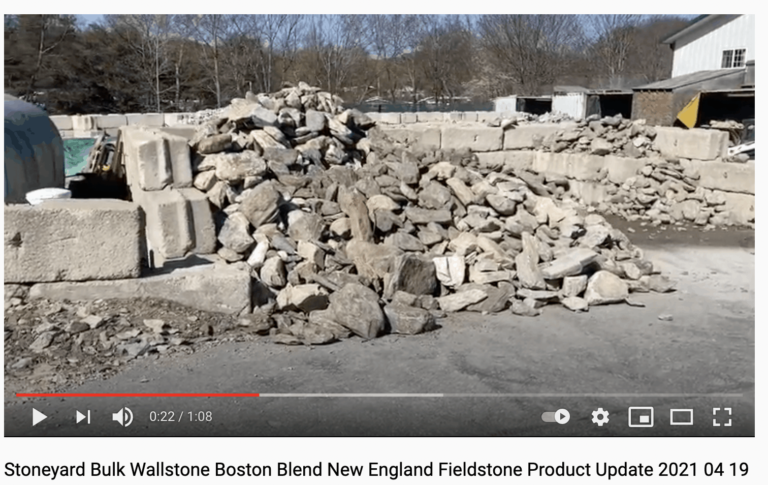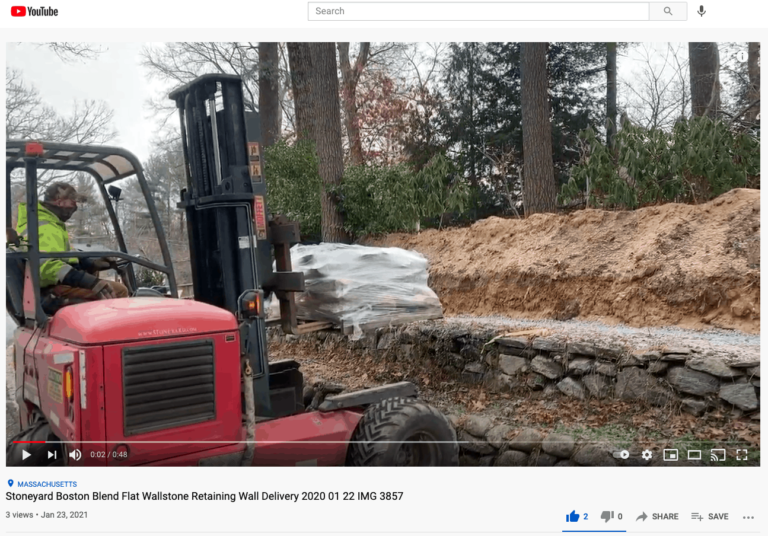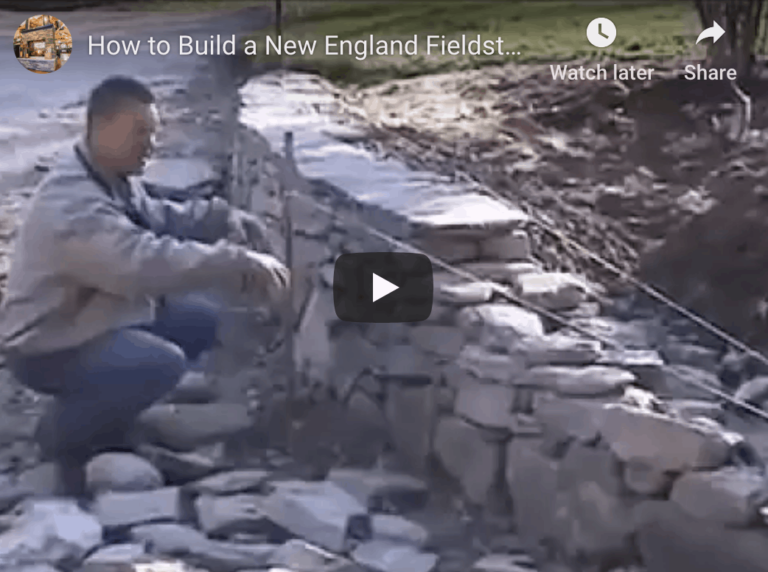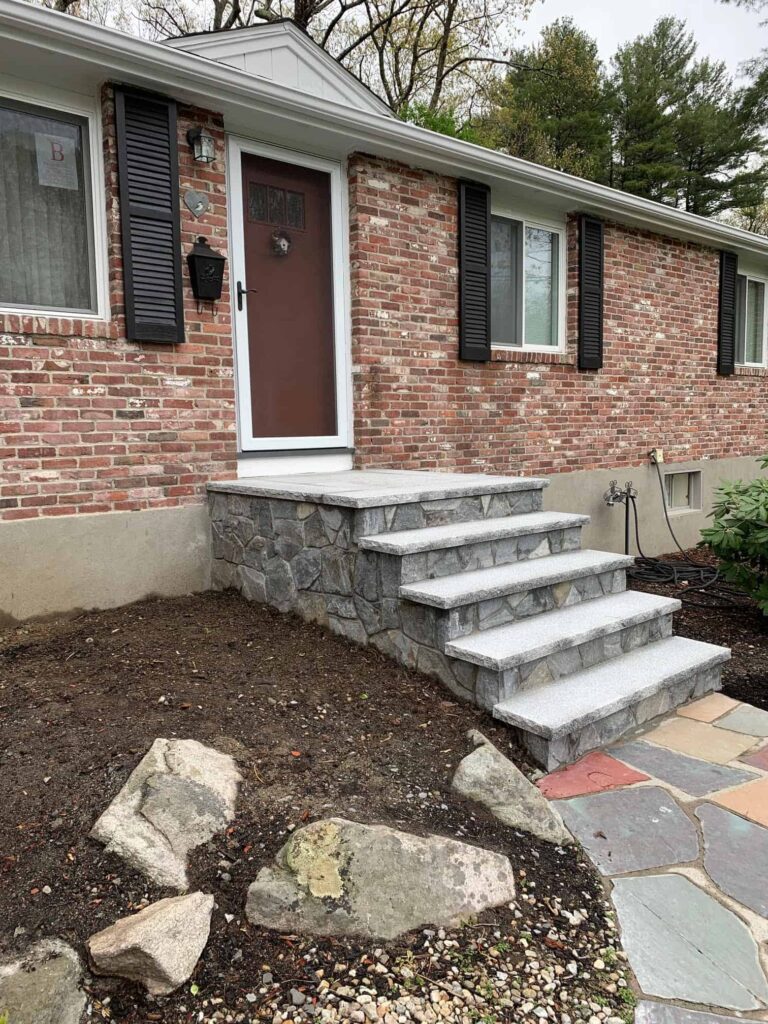Efficient Pothole Repair Solution with Aquaphalt Patch
As an industry professional, finding the most effective pothole repair solution is crucial to maintaining high-quality pavement surfaces. Left unattended, potholes can be a safety hazard and cause further deterioration of the pavement. In this blog post, we will explore Aquaphalt Patch, a water-activated formula that serves as an efficient and cost-effective alternative for repairing both asphalt and concrete surfaces.
We’ll walk you through the steps of preparing the damaged area by clearing debris and ensuring proper surface conditions. Next, we’ll discuss how to mix and apply Aquaphalt Patch according to package instructions while accounting for settling in our application process.
Furthermore, you’ll learn about compacting techniques that ensure even leveling throughout the repaired section. We will then explain how adding water activation helps bind patching material properly for optimal results. Lastly, we will highlight the fast-drying nature of this pothole repair solution which allows traffic flow without additional control measures within just 12 minutes after completion.
Get to Know Aquaphalt Patch: The Water-Activated Pothole Repair Solution
Looking for an effective, economical and convenient solution to repair potholes on your driveway or sidewalk? Meet Aquaphalt Patch – the water-activated material that can save you time and money.
Activate the Power of Aquaphalt Patch with Water
Unlike traditional patching materials, Aquaphalt Patch doesn’t require heat or specialized equipment to work its magic. All you need is water to activate its powerful binding properties and repair potholes on both asphalt and concrete surfaces.
Save Money and Time with Aquaphalt Patch
- Quick Repairs: With Aquaphalt Patch, you can fix potholes in just 12 minutes – no heavy machinery or specialized tools required.
- Budget-Friendly: Aquaphalt Patch is a cost-effective alternative to hiring professionals or renting equipment for traditional repair methods.
- Durable Results: Despite its affordability and ease of use, Aquaphalt Patch provides long-lasting protection against weather elements like rain and snow.
Whether you’re a homeowner or a mason contractor, Aquaphalt Patch is a versatile and essential addition to your toolkit. So, why wait? Incorporate Aquaphalt Patch into your maintenance routine and enjoy professional-looking results with minimal effort.
For more information on Aquaphalt Patch, visit their official website. And if you’re looking for high-quality natural stone veneer siding, check out Stoneyard.
Preparing the Pothole
Before applying Aquaphalt Patch, clear the pothole of debris next to the existing pavement and place safety cones around the area.
- Sweep away loose asphalt pieces with a broom or brush.
- Remove larger rocks and stones by hand or using tools like shovels if needed.
- Clean out any remaining dirt and dust with a wet-dry vacuum cleaner if available.
Wait until most of the standing water has evaporated before repairing potholes and remove small puddles within the pothole using sponges or towels.
- Avoid repairing potholes immediately after heavy rainfall.
- Having some water at the base of your pothole can actually aid in activating Aquaphalt Patch’s patching material.
By preparing your pothole correctly beforehand, you’ll be one step closer to achieving professional-looking results without breaking your budget.
Mixing and Applying Aquaphalt Patch
Using Aquaphalt Patch is easy, but it’s crucial to follow the correct steps for mixing and application to ensure a durable repair that can withstand traffic and weather conditions.
Follow Package Instructions for Mixing with Water
Mix Aquaphalt Patch with clean tap water at room temperature according to the package instructions, ensuring the ideal consistency for easy application.
- Tip: Use clean tap water at room temperature for best results.
- Watch this video tutorial on how to mix Aquaphalt Patch properly.
Fill Slightly Above Surrounding Edges to Allow Room for Settling
When applying your mixed Aquaphalt Patch into the prepared pothole, fill it about half an inch above its surrounding edges as it will settle upon compaction.
- Scoop out a generous amount of mixed patch material onto your shovel or trowel.
- Carefully apply the mixture into your prepared pothole until slightly overfilled.
- Smooth out the surface with your trowel or shovel to create an even layer of patch material.
These procedures guarantee a successful and enduring pothole patch.
Compacting and Leveling
Once you’ve filled your pothole with Aquaphalt Patch, it’s time to compact and level it for optimal results.
- Compact the patch: Use a tamper or vehicle tire to compress the pothole patching material evenly throughout the repaired section.
- Level the patch: Ensure all sides are leveled off evenly to avoid excess buildup along any one edge.
Follow these tips for proper compaction and leveling:
- Avoid overfilling to prevent uneven surfaces after compression.
- Incorporate water activation to bind materials together more effectively.
- Inspect the area and repeat the process if needed for a smooth finish.
By following these steps, your pothole repair will be durable and safe for vehicles to drive over without causing further damage or inconvenience.
Adding Water Activation
Activate your Aquaphalt Patch with water to ensure a quick and effective repair that can withstand heavy traffic loads without breaking down over time.
Apply Water Evenly Across Repaired Section
Distribute water evenly around the edges and middle of your patched area to properly activate the patching material and allow for proper binding between the Aquaphalt Patch and existing surface.
Allow Patching Material to Bind Properly
- Pothole Repair Solution: Aquaphalt Patch reacts with water to create a strong bond between repaired sections and surrounding surfaces.
- Rapid Curing Time: Aquaphalt Patch begins curing as soon as it comes into contact with water, solidly packing down your repaired area within just 12 minutes after application.
- Ease of Use: This pothole repair solution makes maintenance tasks efficient and hassle-free, with no need for additional traffic control measures or waiting periods before vehicles can drive over it again.
Not just for potholes, Aquaphalt Patch can also fix cracks and minor damages in your natural stone veneer siding, providing professional-looking results without hiring a contractor or investing in expensive equipment.
For high-end homes, mason contractors, and architects, Stoneyard’s natural stone veneer siding is an excellent choice.
Learn more about natural stone veneer siding at Stoneyard.
Quick and Solid Repairs with Aquaphalt Patch
Experience the impressive fast-drying ability of Aquaphalt Patch – your pothole patching repairs will be ready for use in just 12 minutes.
Ready for Use in Just 12 Minutes
Unlike traditional methods that take hours or even days to cure, Aquaphalt Patch’s rapid drying time makes pothole repairs efficient and hassle-free.
No Need for Traffic Control Measures
- Safety: With no lengthy curing process, there’s no need for extensive safety precautions like lane closures or detours around the work zone.
- Ease of Use: Aquaphalt Patch is easy to use and requires no specialized equipment – just a shovel or trowel to apply the patching material and some water to activate it.
- Versatility: This innovative repair solution works well on both asphalt and concrete surfaces, making it ideal for residential driveways and commercial parking lots alike.
By incorporating Aquaphalt Patch into your Stoneyard project, you can ensure a seamless and efficient repair process that will leave your surfaces looking as good as new.
FAQs in Relation to Pothole Repair Solution
Solutions for Potholes
Repairing potholes can be done through cold patching, hot mix asphalt repair, or using innovative products like Aquaphalt Patch, which is a water-activated formula suitable for both asphalt and concrete repairs.
Best Method for Pothole Repair
The best method for pothole repair depends on factors like location, weather conditions, traffic volume, and available resources, but Aquaphalt Patch offers a cost-effective alternative that provides fast-drying results within 12 minutes after application without requiring additional traffic control measures.
New Technology for Potholes
New technologies in pothole repair include advanced materials like Aquaphalt Patch, which uses a water-activated formula to create durable repairs quickly, reducing downtime while providing long-lasting results compared to traditional methods.
Importance of Pothole Repair
Pothole repair is crucial for road safety, preventing accidents caused by uneven surfaces, protecting vehicle tires from damage, and reducing wear-and-tear on suspension systems, while also extending pavement life and reducing overall costs associated with infrastructure upkeep.
If you’re tired of pesky potholes ruining your drive, Aquaphalt Patch is the solution you’ve been searching for.
This cost-effective and water-activated repair solution works wonders on both asphalt and concrete surfaces, making it a versatile choice for any pothole problem.
To get started, clear debris from the damaged area and make sure the surface is mostly dry before application.
Follow the package instructions for mixing with water and fill slightly above the surrounding edges to allow room for settling.
Compact the patched area manually or using available resources while maintaining even leveling throughout the repaired section.
Finally, apply water evenly across the repaired section, allowing the patching material to bind properly.
The result? Fast-drying areas ready for use within 12 minutes without any need for additional traffic control measures.
Trust us, your tires (and wallet) will thank you.





